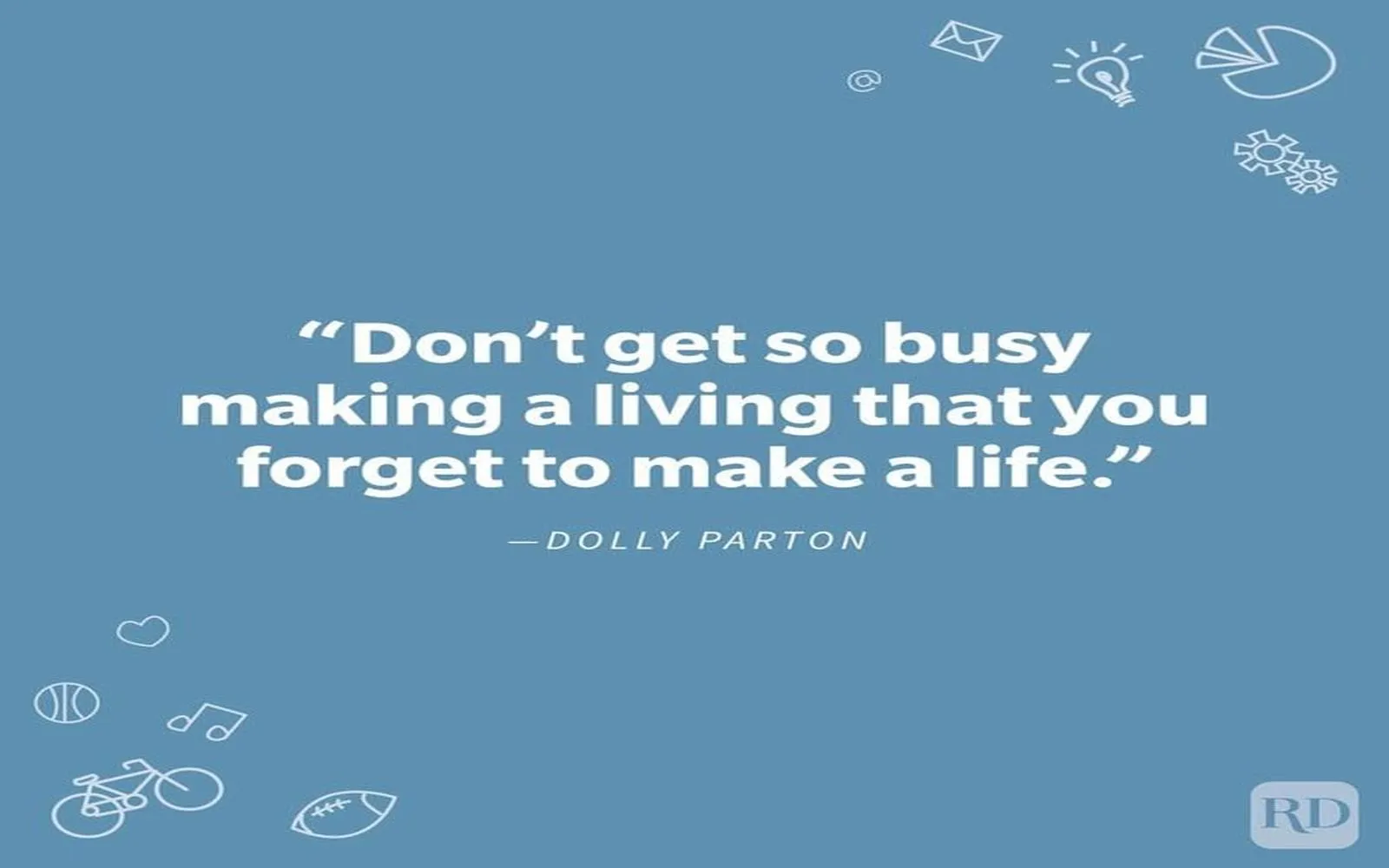In today’s fast-paced world, the concept of work-life balance often takes center stage in discussions about personal well-being and career success. However, the idea that we must constantly strive for a perfect equilibrium between our professional and personal lives can lead to unnecessary stress and dissatisfaction. Instead, embracing a more fluid approach can lead to greater happiness and productivity. This article explores the notion that work and life don’t have to be perfectly balanced, encouraging a more integrated and content perspective.
The Myth of Work-Life Balance
The traditional view of work-life balance suggests that we should allocate equal time and energy to our careers and personal lives. This binary perspective can create unrealistic expectations and pressure to conform to a standard that may not fit everyone. It’s important to recognize that life is dynamic, and our priorities may shift depending on various circumstances, such as career demands, family obligations, or personal interests.
Instead of seeking balance, we can focus on engagement and fulfillment in both areas, allowing for a more organic flow between work and life. This approach can lead to a richer and more satisfying experience overall.
The Integration of Work and Life
Incorporating aspects of our personal lives into our professional routines can enhance both areas. For example, many companies now offer flexible working arrangements that allow employees to work from home or adjust their schedules to accommodate personal commitments. This flexibility not only increases productivity but also fosters a sense of contentment and reduces stress.
Moreover, integrating personal passions into work can lead to increased motivation and job satisfaction. Employees who engage in projects that align with their personal values or interests often feel more fulfilled and productive. For instance, a marketer who is passionate about sustainability might thrive in a role where they can promote eco-friendly products.
The Role of Technology
Technology plays a significant role in reshaping our approach to work and life integration. With tools like project management software and communication platforms, remote work has become more viable and effective. This evolution allows individuals to define their work environments and schedules, leading to a more tailored experience that suits their lifestyles.
However, it’s essential to establish boundaries to prevent technology from encroaching on personal time. Setting clear expectations around availability can help maintain a healthy distinction between work and personal life, allowing for focused productivity and quality downtime.
Contentment Over Balance
Rather than obsessing over achieving a 50/50 split between work and life, individuals should focus on contentment. This means identifying what truly brings joy and fulfillment in both realms and prioritizing those aspects. By doing so, we can create a holistic life that encompasses both work and personal satisfaction.
To foster this mindset, consider the following strategies:
| Strategy | Description |
|---|---|
| Set Priorities | Identify what matters most to you in both work and personal life. This helps in directing your time and energy toward activities that bring you the most fulfillment. |
| Embrace Flexibility | Allow yourself the freedom to adjust your schedule as needed. Flexibility can lead to unexpected opportunities and reduced stress. |
| Practice Mindfulness | Engage in mindfulness practices to enhance your awareness of how you spend your time. This can lead to greater satisfaction in both work and personal activities. |
| Communicate | Open communication with colleagues, supervisors, and family members about your needs and boundaries can foster understanding and support. |
Redefining Success
Society often equates success with career advancement and financial gain. However, true success encompasses emotional well-being, personal growth, and meaningful relationships. By redefining what success means to you, you can cultivate a more fulfilling life that doesn’t rely on rigid work-life balance metrics.
Engaging in activities that nourish your soul, whether through hobbies, spending time with loved ones, or pursuing personal projects, can lead to a more enriched life. When you feel satisfied in both work and personal pursuits, the pressure to achieve balance diminishes.
Conclusion
In conclusion, the idea that work and life must be balanced is a limiting belief that can lead to dissatisfaction and burnout. Instead, embracing a more integrated approach allows for flexibility, engagement, and fulfillment in both areas. By focusing on contentment and prioritizing what truly matters, individuals can cultivate a more satisfying and holistic life experience. Remember, it’s not about achieving perfect balance but about finding joy and purpose in both work and life.





